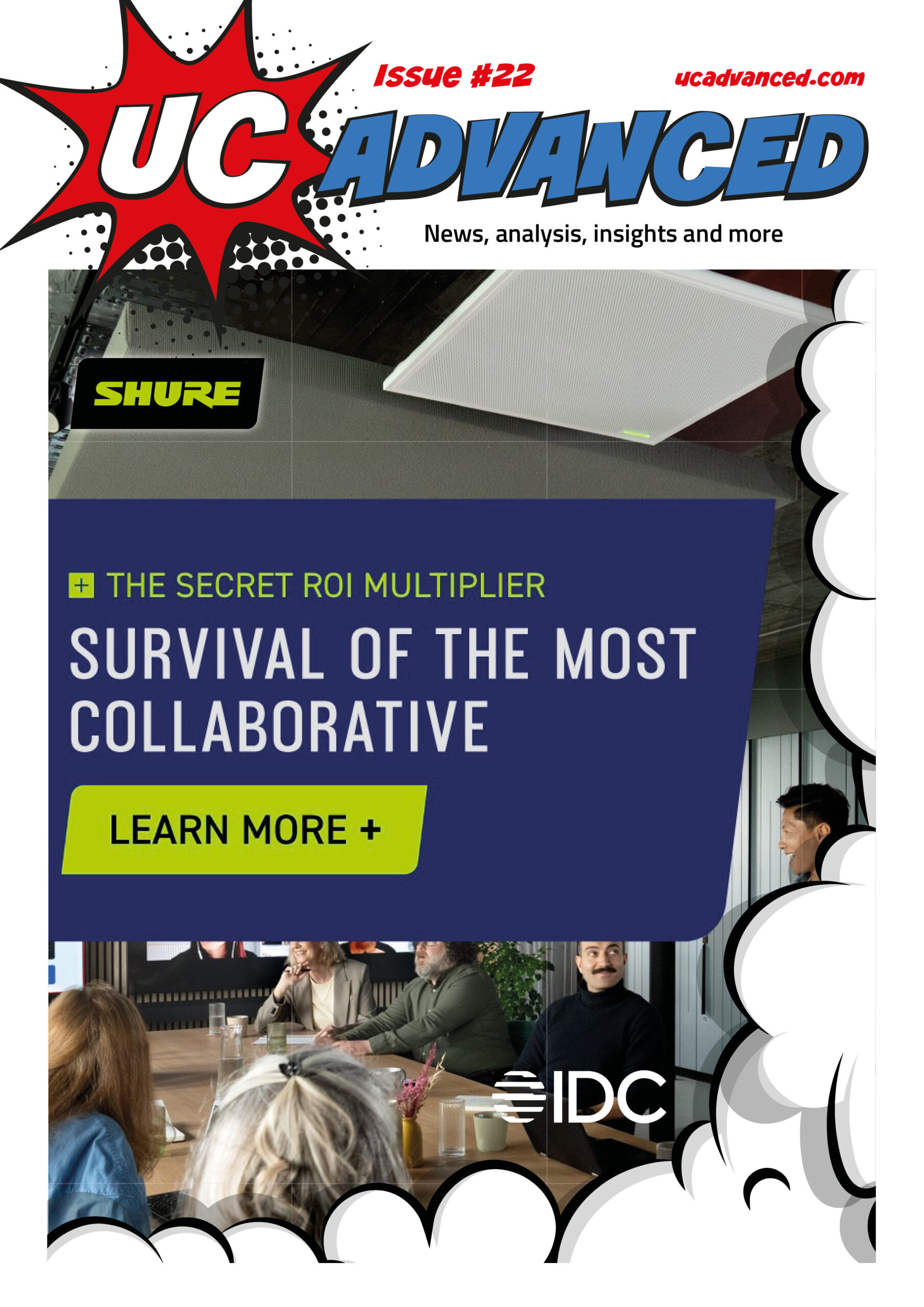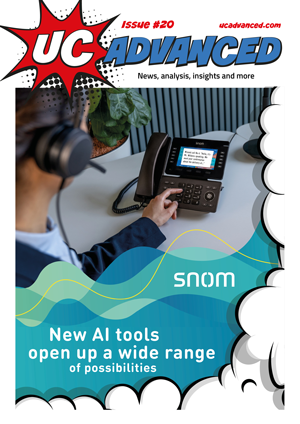A new report by 8×8, a leading unified communications platform provider, reveals that 91% of UK businesses are feeling the effects of permacrisis, a period of prolonged instability. The survey indicates that macro issues are accelerating digital transformation plans for two-thirds of organisations. To combat crisis fatigue and prepare for future uncertainties, 94% of IT decision-makers are implementing technology changes such as AI and automation, which are seen as key in streamlining workloads and boosting customer and employee satisfaction.
- A new report from 8×8 reveals that 91% of UK businesses are feeling the effects of the permacrisis, with two-thirds accelerating their digital transformation plans as a result.
- Organisations are turning to AI and automation to address the challenges of the permacrisis, with 76% of respondents using these technologies to better serve customers.
- Communication systems and tools, such as automating processes and using virtual agents/chatbots, are key in managing instability and uncertainty during a crisis.
The Permacrisis and Its Impact
Let’s talk about the phrase “permacrisis”. It’s a term that describes an extended period of instability and insecurity. British businesses are currently grappling with this reality. A new report, “Permacrisis: The View from the IT Frontline” by integrated cloud contact centre and unified communications provider 8×8, has shed light on how companies are navigating this trying time.
The report surveyed over 550 IT decision-makers in large UK businesses and found that a whopping 91% of them are feeling the effects of the permacrisis. Two-thirds of the respondents stated that macro issues are pushing their organisations to hasten digital transformation plans.
Furthermore, the report identifies a growing sense of crisis fatigue among employees. Only a minor 9% of the surveyed individuals believe their colleagues are unaffected by the ongoing challenges.
Adapting to Unprecedented Changes
The past decade has been marked by significant change and uncertainty. To ensure business continuity, organisations are increasingly embracing agility. Over 94% of IT decision-makers said their organisations are making technological changes to combat crisis fatigue and prepare for the future.
Two technologies are emerging as key players in this adaptation – Artificial Intelligence (AI) and automation. Both technologies help streamline workloads, reduce routine manual tasks, and enhance customer and employee satisfaction. A significant 76% of respondents agreed that their organisations are leveraging these technologies to serve customers better.
“The UK has experienced a number of crises over the last decade, with no end in sight. As a result of this unprecedented series of ongoing, unexpected events at the societal and global level, businesses are being forced to constantly adapt to significant amounts of change,” said Chris Angus, VP, EMEA Contact Centre Engagement at 8×8, Inc.
Preparing for the Future
Business resilience can be enhanced by preparing for crises and ensuring the use of appropriate tools to facilitate communication and reduce friction. Almost all surveyed organisations plan to use communication systems to manage instability and uncertainty.
Use cases include automating processes (51%), managing staff performance (47%), and predicting customer and employee trends (44%). Interestingly, when considering the most valuable call handling tool for a crisis, 40% of respondents favoured virtual agents/chatbots, while auto attendant (19%) and voicemail (22%) were perceived as less valuable.
Final Thoughts
The permacrisis era presents a unique set of challenges for businesses. However, it’s encouraging to see how many organisations are harnessing the power of technology to adapt and thrive. The extensive adoption of AI and automation signals a promising future where businesses are better equipped to handle uncertainty.
The shift towards a more agile, tech-enabled, and future-ready business landscape is evident. It’s high time organisations embrace these changes to not just survive, but also excel in these uncertain times.
FAQ
Q: What is permacrisis?
A: Permacrisis is defined as an extended period of instability and insecurity that is currently impacting British businesses.
Q: How are companies dealing with permacrisis?
A: Companies are turning to AI and automation to cope with permacrisis. These technologies help streamline workloads, reduce routine manual work, and increase customer and employee satisfaction.
Q: How many IT decision makers were surveyed for the report?
A: The report surveyed over 550 IT decision makers of UK businesses with over 500 employees.
Q: What is the impact of permacrisis in the UK?
A: A staggering 91% of respondents are feeling the effects of permacrisis to some degree, with two-thirds stating that macro issues are accelerating their organization’s digital transformation plans.
Q: What are the challenges faced by employees during permacrisis?
A: Multiple and consistent challenges have led to a feeling of crisis fatigue among employees, with fewer than 9% of respondents citing that their colleagues do not appear fatigued by ongoing events.
Q: How are organizations adapting to the change caused by permacrisis?
A: Organizations are implementing technology changes to reduce crisis fatigue and be future-ready. Customer engagement and communication systems are being used to manage ongoing instability and uncertainty.
Q: What are the key technologies helping organizations during permacrisis?
A: AI and automation are seen as key technologies helping organizations during permacrisis. These technologies streamline workloads, reduce routine manual work, and increase customer and employee satisfaction.
Q: What are the planned use cases for communication systems in managing instability and uncertainty?
A: Planned use cases for communication systems include automating processes (51%), managing staff performance (47%), and predicting customer and employee trends (44%).
Q: What is considered the most valuable call handling tool in a crisis situation?
A: 40% of respondents cited virtual agents/chatbots as the most valuable call handling tool in a crisis situation.
Q: What are the least valuable call handling tools in a crisis?
A: Auto attendant (19%) and voicemail (22%) are considered to be the least valuable call handling tools in a crisis.











